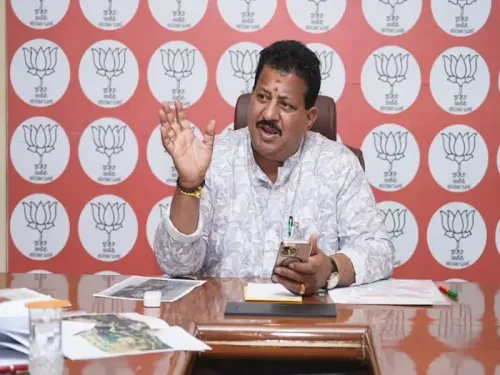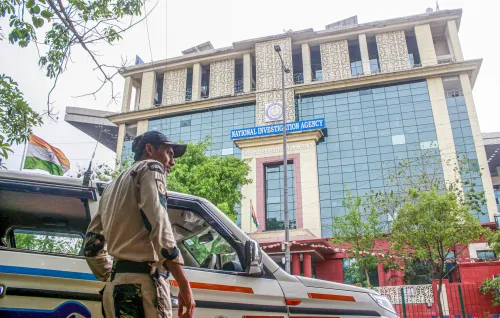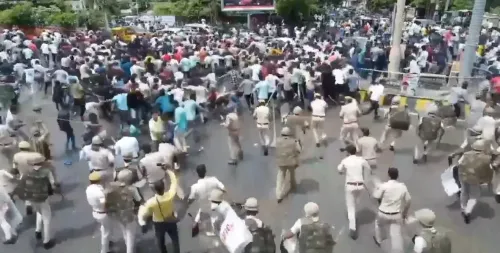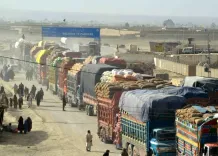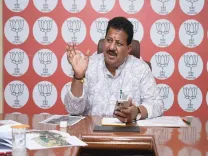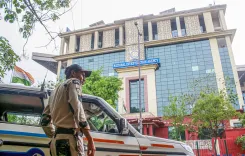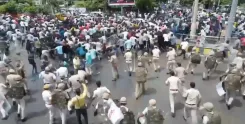What are the Implications of the SC Order on Voter List Revision in Bihar?
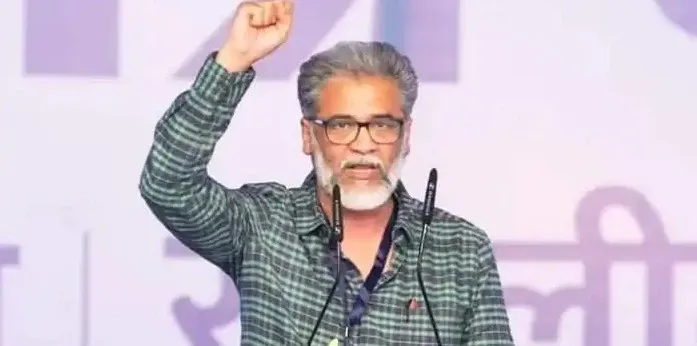
Synopsis
Key Takeaways
- The Supreme Court's decision acknowledges serious flaws in the Election Commission's voter list revision process.
- Voter rights are at risk due to potential disenfranchisement issues.
- Transparency is essential in electoral processes, particularly concerning document verification.
- Public participation in protests highlights the urgency of these concerns.
- Political leaders are advocating for the rights of marginalized voters.
Patna, July 11 (NationPress) Following the Supreme Court's ruling on the Special Intensive Revision (SIR) of the voter list in Bihar, CPI-ML General Secretary Dipankar Bhattacharya expressed relief but raised serious concerns regarding the Election Commission's (EC) methodology.
In his written statement, Bhattacharya remarked, "The Supreme Court has acknowledged the fundamental constitutional and legal discrepancies and irregularities that have underpinned the EC's abrupt SIR initiative in Bihar, along with the logistical challenges and inconvenience faced by ordinary voters."
He further noted that the Supreme Court's recommendation for the EC to accept Aadhaar, voter ID, and ration cards as valid documents reflects the collective demand from the electorate.
Bhattacharya urged the apex court to consider two urgent issues presented by voters during the initial 15 days of the SIR initiative.
"Firstly, numerous voters have not received any acknowledgment for their enumeration form submissions, leaving them without proof of submission, even as the EC claims that everything is progressing smoothly," he stated.
This situation is particularly alarming for migrant workers, including those employed outside Bihar or overseas, who struggle to submit their forms, thus risking disenfranchisement.
Secondly, he emphasized the challenges voters encounter in acquiring domicile and caste certificates necessary as supporting documents, along with the excessive discretionary authority granted to Electoral Registration Officers (EROs) to make decisions on applications without documents based on "local investigations".
He cautioned that approximately 10,000 voters in each constituency might be unable to furnish the necessary documents, and leaving decisions to EROs without transparency could lead to "biased, arbitrary, and inaccurate deletions and inclusions in the final electoral roll."
Bhattacharya asserted that the citizens of Bihar are becoming increasingly aware of the "imminent threat of disenfranchisement" and are ready to stand up for their constitutional right to vote.
"The extensive participation in and support for Wednesday's Chakka jam in Bihar demonstrated the public's anxiety and anger regarding the 'Vote bandi' initiative, and their determination to uphold universal adult franchise," he stated.
Meanwhile, Rashtriya Janata Dal Spokesperson Ejaz Ahmed remarked that the Supreme Court's directives aligned with the demands raised by Leader of Opposition Tejashwi Yadav and the INDIA bloc, questioning why certain documents like Aadhaar, ration cards, and MNREGA cards were initially excluded from the list of acceptable documents for voter verification.
Ahmed added that the Opposition had also challenged the demand for proof of citizenship, to which the Supreme Court clarified that the EC lacks the authority to question an individual's citizenship, stating that this responsibility lies with the Union Home Ministry and judicial processes.
Ahmed claimed that the Supreme Court's ruling has provided relief to the people of Bihar, stating that "the conspiracy devised by the BJP to strip the rights of the poor, backward, Dalits, tribals, and minorities of their voting rights has been thwarted by the Supreme Court in a timely manner."



